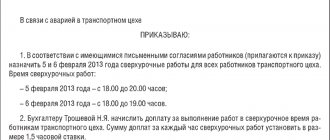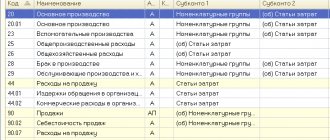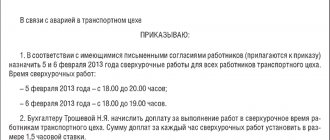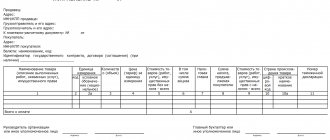Among labor disputes, one can highlight disputes based on or related to night work. Since night work is different from the norm, the law has established some restrictions and even prohibitions on night work. At the same time, it also provided for increased guarantees and compensation for work at such times of the day.
As in any area of regulation of labor relations, when working at night, there is both an obvious (or hidden) violation of the rights of workers, and the unreasonable emergence of increased demands from workers on the employer. This is where a labor dispute arises. In conjunction with regulatory regulation, we will consider which types of disputes most often arise from the very fact of working at night, as well as what decisions the courts make in such disputes.
Who is not allowed to work at night?
Many managers strive to organize continuous work activity at the enterprise, since a lot can depend on this not only for the organization itself, but also for the users of their products or services.
When an organization immediately switches to a 24-hour work schedule, the employer, together with the trade union, develops a work schedule, which should take into account not only work efficiency, but also take into account the infliction of any moral and physical harm to employees. This is expressed in establishing the maximum duration of night shifts in a row, the total time of their duration, as well as the necessary breaks in work.
Employees of the organization must have the opportunity to carry out work not only at night, but also during the day, with the exception of cases of hiring an employee at night.
The employer is obliged to warn the team of employees about changes in the procedure for carrying out work one calendar month before the actual changes, otherwise such behavior will be considered a violation of current labor legislation while respecting the rights of the employee.
The following persons cannot be admitted to the labor process at night:
- Pregnant women who have confirmed their condition with a medical certificate.
- For minors, an exceptional case is work for the development of cinematography, theatrical skills and any other creative professions.
- Employees of the enterprise who, due to health reasons, are unable to perform their duties at such times.
The legislation establishes certain categories of the working population who can carry out activities at their own request and with the provision of a document confirming it - an application.
These categories of employees include the following persons:
- women who have a dependent child aged zero to three years;
- disabled people for whom working at a given time of day will not cause harm to their health;
- employees of the organization who support disabled children;
- workers who, in addition to their work duties, care for sick family members;
- parents and guardians of children under five years of age, if they carry out educational functions alone without a second spouse or guardian.
At the same time, it is established that the application for consent to work must be accompanied by a medical certificate confirming the state of health and the absence of contraindications for night work. The employer is obliged to notify these employees that they have the opportunity to refuse to perform work without any sanctions from management.
A disabled employee who wishes to work under such conditions must provide an extract or opinion from the attending physician or medical commission on the possibility of working at a given time of day and the absence of contraindications for such work.
II. Controversy
Despite such clear regulation, among all labor disputes considered by the courts, one can also highlight disputes related to the unresolved problems of night work. Let's look at what disputes are most often associated with night work, and what worker demands are typical for this category of disputes.








